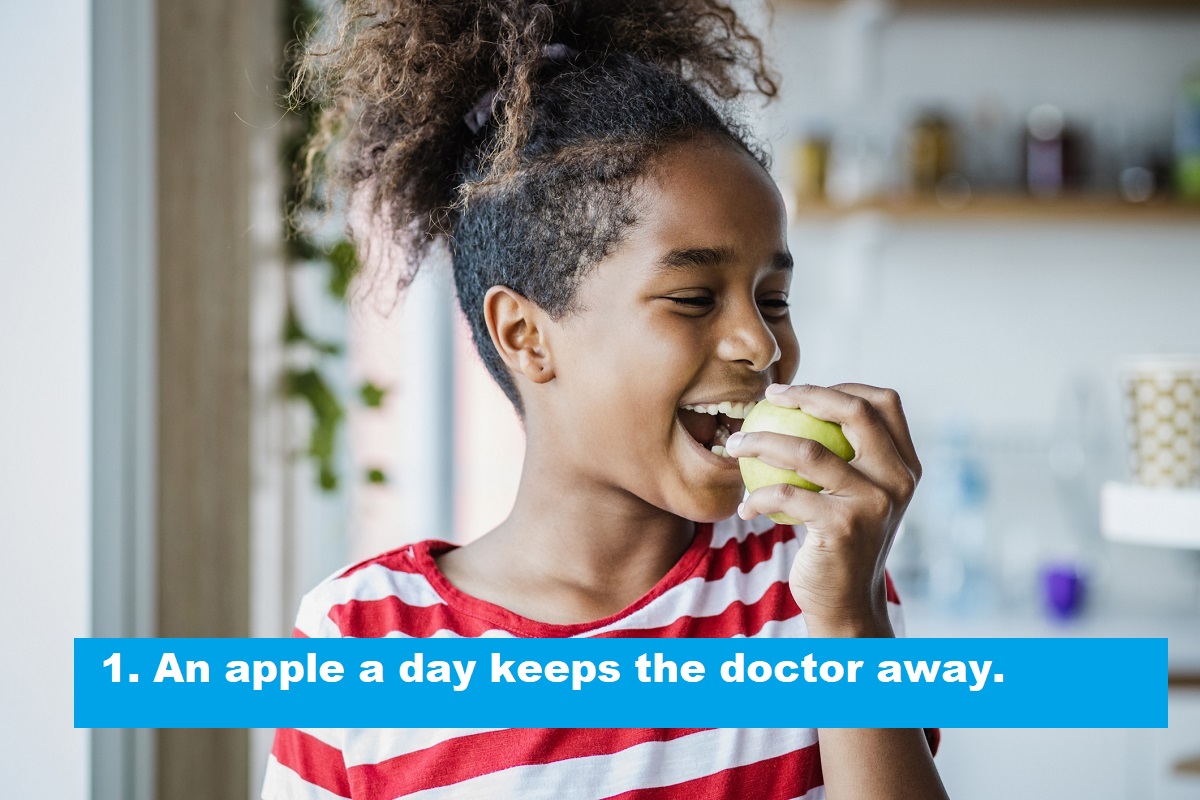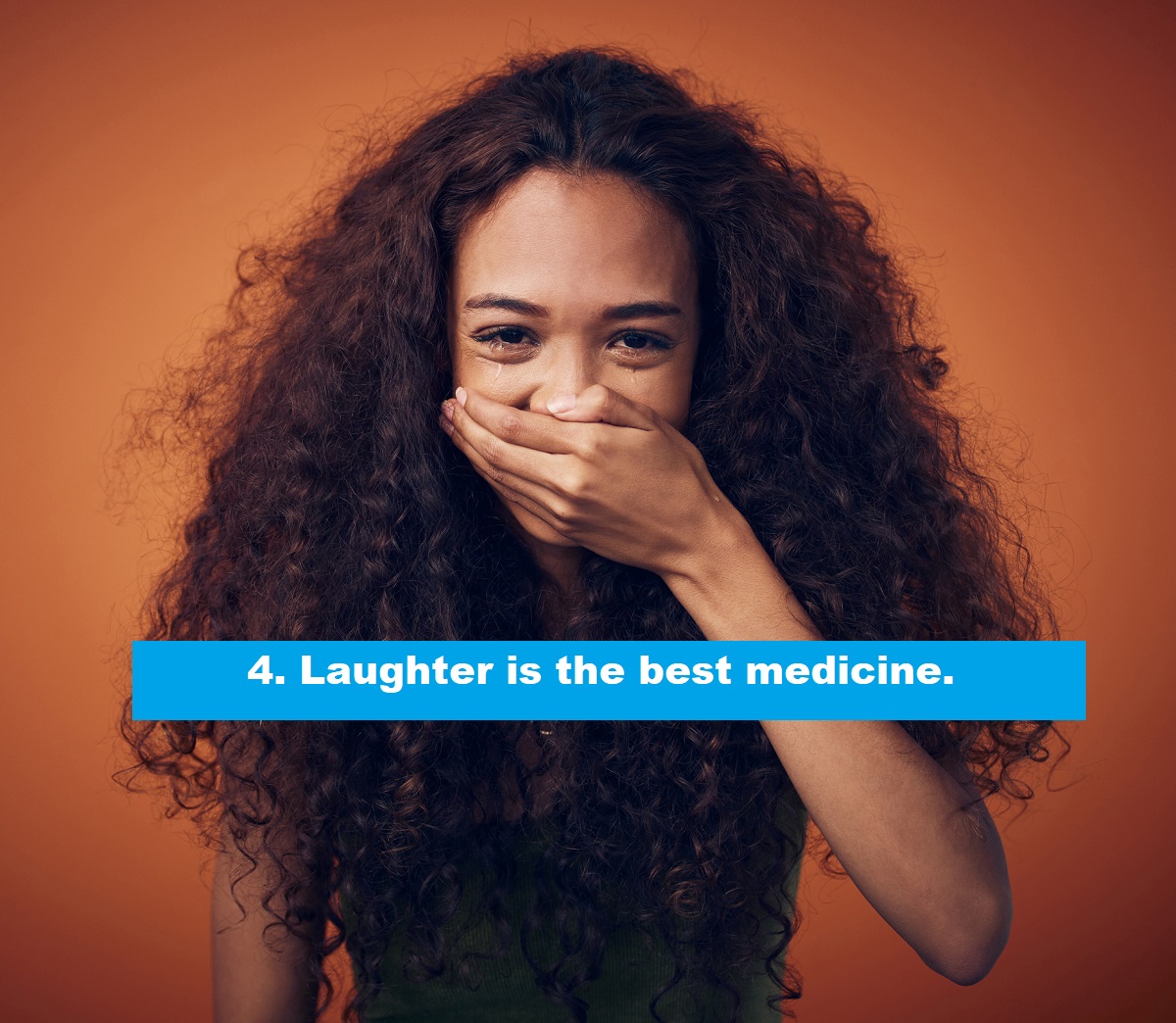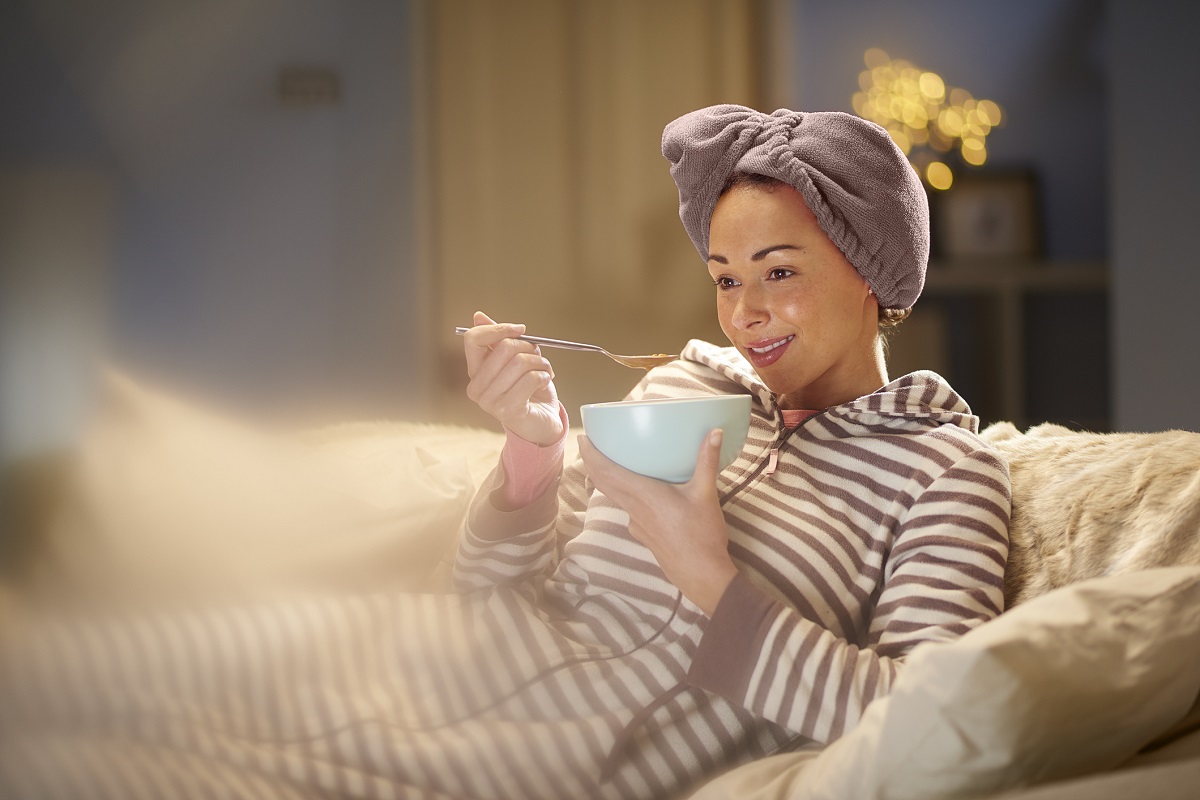The Medical Minute: Take the Back-to-School Pop Quiz

The school zone signs are flashing 15 miles per hour again and buses are roaring your little summer vacationers back to the land of lectures, tests and No. 2 pencils.
Or, since it’s 2022, maybe their commute to school ends at the computer screen in the next room. In any event, to mark the occasion, we invite you to put down your celebratory pumpkin spice drink and spend a Medical Minute like your kids – with a pop quiz.
We’re giving you five aphorisms, common sayings about health. Click whether you think they’re true or false, and the answer will appear along with an explanation from some of the experts at Penn State Health.
Here’s the quiz:
True | False
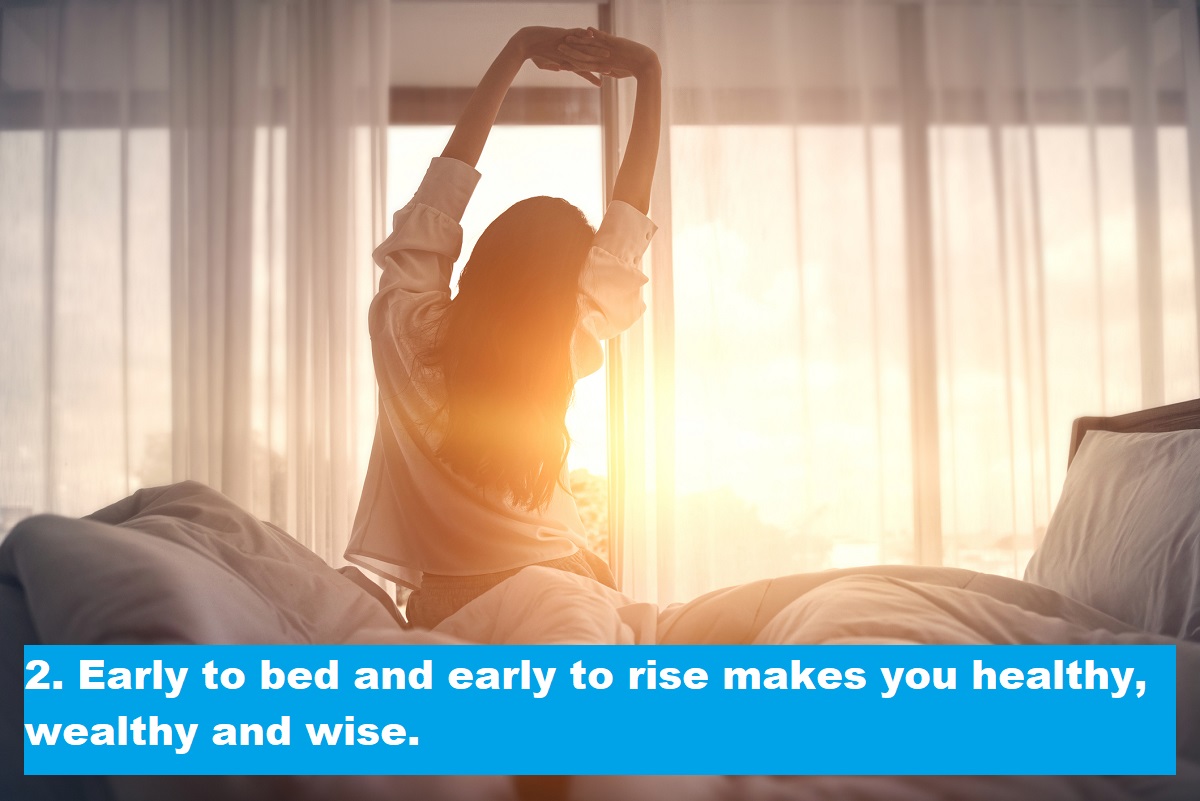
True | False
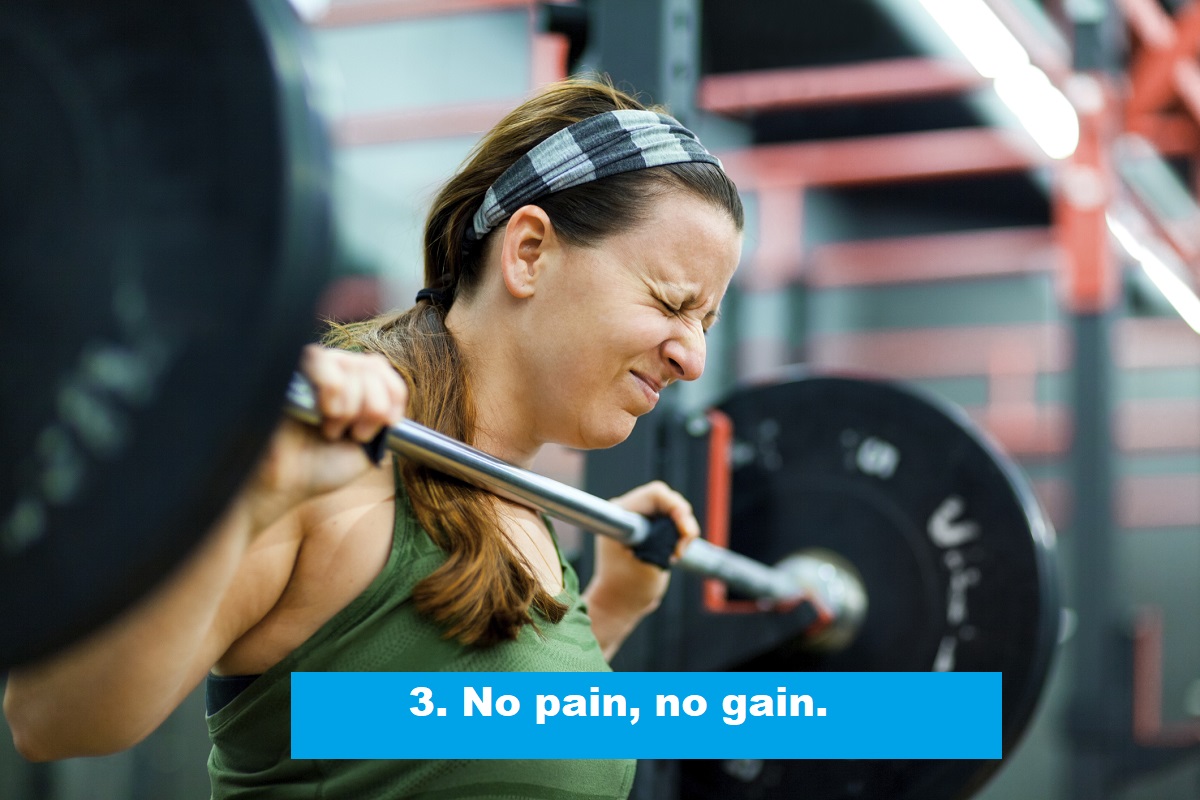
True | False
True | False
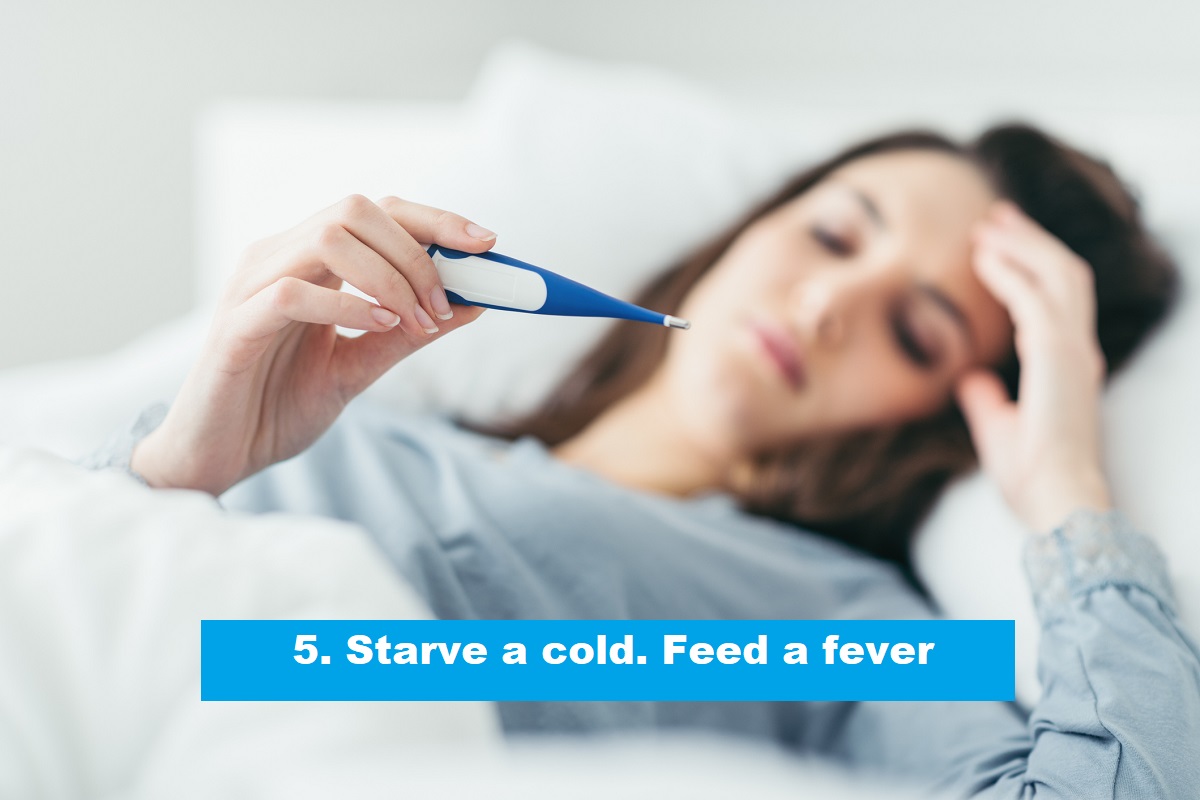
True | False
ANSWERS

An apple a day keeps the doctor away.
Answer ― False
Heather Tressler, a registered dietitian at the Penn State Celiac Clinic at Penn State Health Milton S. Hershey Medical Center, says there’s nothing wrong with apples, but why just one?
“The amount of fruit you need to eat in a day depends on you individually,” she said. “Factors that help determine your recommended daily servings of fruit intake include age, sex, height, weight and physical activity. Also, you don’t want to limit yourself to just one type of fruit. Mixing up your fruit sources provides a variety of nutrients such as vitamins, minerals and fiber, which are vital for maintaining a healthy body.”
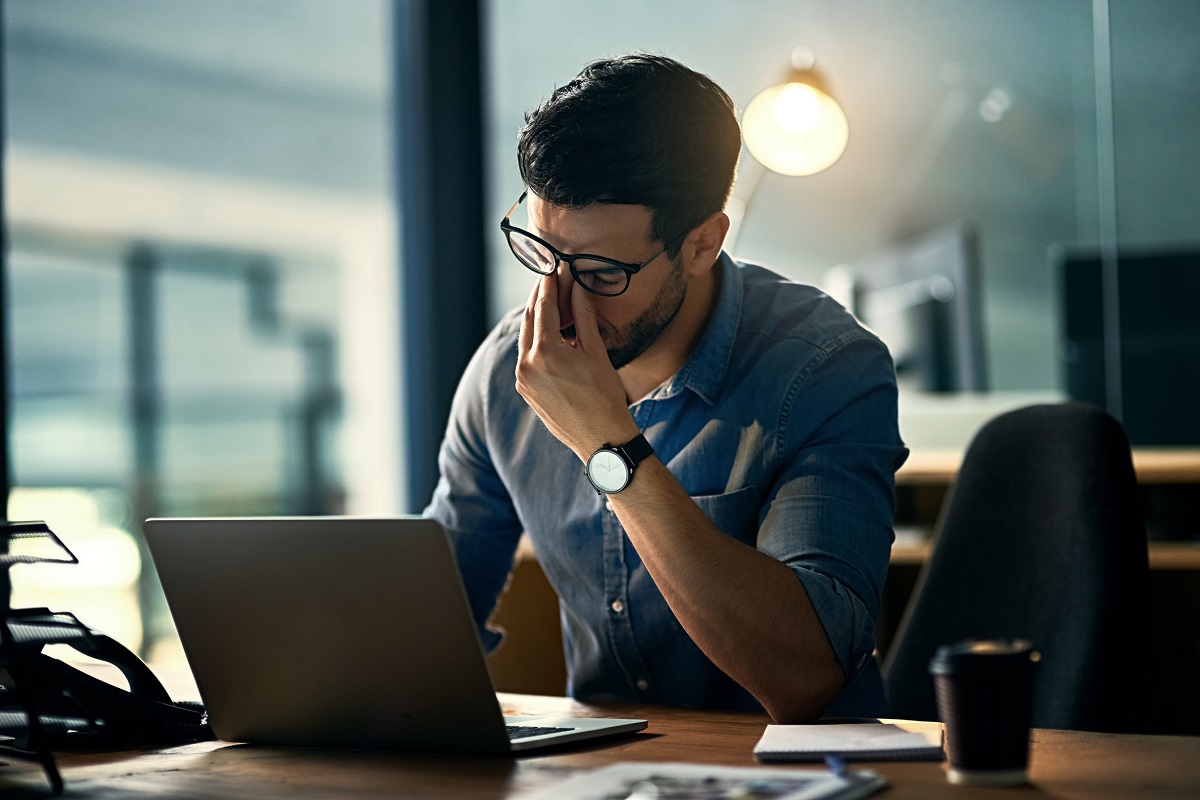
Early to bed and early to rise makes you healthy, wealthy and wise.
Answer – False
The hour at which a person goes to sleep and wakes up absolutely matters – but not everyone is a morning person, said Julio Fernandez-Mendoza, associate professor and psychologist board-certified in behavioral sleep medicine at the Sleep Research and Treatment Center of Penn State College of Medicine.
“There are morning and evening types,” he said, “and the worst that can happen to an evening type that would otherwise sleep well a bit later than most morning people, is to have to go to bed and wake up too early for their own biological clock.”
That said, sleep that is of good quality, sufficient and well-aligned with own’s biological clock is associated with better cardiovascular, metabolic, brain and mental health.
Answer ― True and False
“It is true that when you exercise muscle groups that have not been stressed recently that you may have soreness for several days following the exercise bout,” said Dr. Cayce Onks, primary care sports medicine physician at Penn State Health Milton S. Hershey Medical Center. “Some people may perceive this as pain rather than soreness.”
Working out isn’t exactly pain free, depending on your definition. You may notice your heart rate elevating for longer periods of time during exercise, which causes you to feel out of breath. “That sensation may be perceived as uncomfortable,” Onks said. “Fortunately, the body is super resilient and will respond to this stress in very positive ways. Over time this discomfort goes away, and your body begins to experience the many benefits that regular physical activity provides.
“True pain should not be routinely felt when exercising, and if you are perceiving pain then you should be evaluated by your physician.
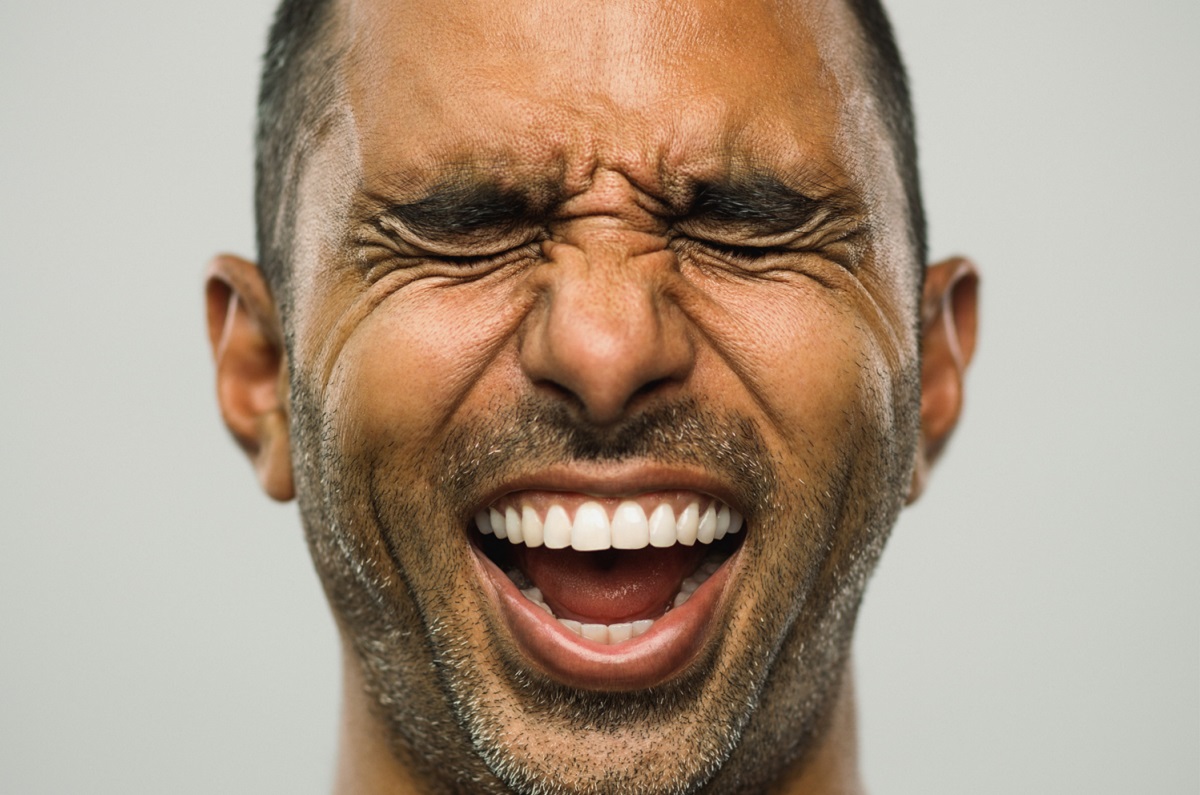
Laughter is the best medicine.
Answer ― True
Dr. Ritika Baweja, assistant professor in the departments of Psychiatry and Behavioral Health and Obstetrics and Gynecology at Penn State College of Medicine, and a certified laughter therapist, points to a quote from Charlie Chaplin. “A day without laughter is a day wasted.”
“Research shows there are healing benefits of humor and laughter on both mental and physical health,” she said. “Laughter not only strengthens our immune system, decreases risks for heart attacks and respiratory illnesses. It also improves pain tolerance, mood and cognition. In addition to that, it also enhances our social and work life.
“I would suggest using laughter as a therapy to stay healthy and always laugh when you can as laughter is the best medicine.”
Answer ― False
Either way, it’s wrong. Hydration is the concern when you have a fever or a cold, not sustenance.
“This is a myth,” said Dr. Katherine Shedlock, a pediatrician at Penn State Health Pediatrics. “We generally recommend keeping well hydrated and not focusing too much on food intake. We often don’t have an appetite when we are ill, but it returns when we feel better. Fever itself is not the main concern as it is just a sign of having an illness, and adjusting how much we eat will not make it resolve faster.
“I encourage patients to eat the food and portion size that they tolerate when ill, but continue to sip water even if they do not want to.”
If you're having trouble accessing this content, or would like it in another format, please email Penn State Health Marketing & Communications.

